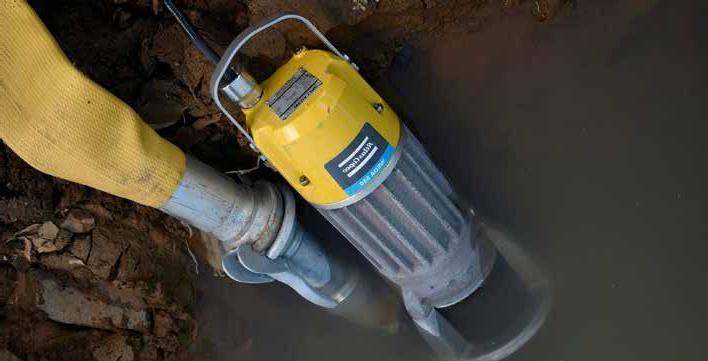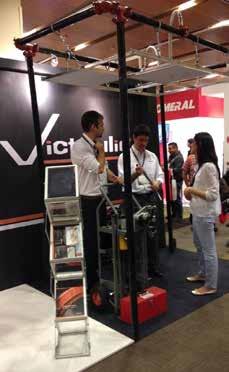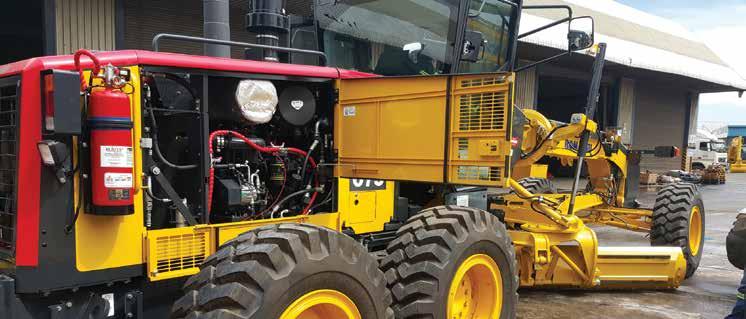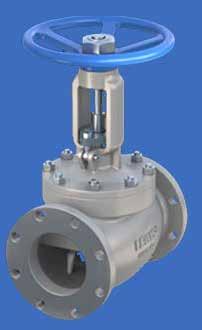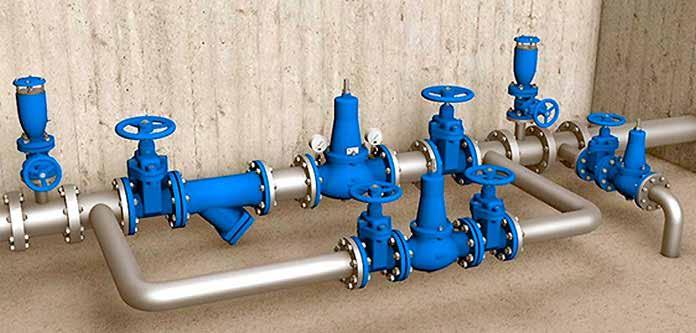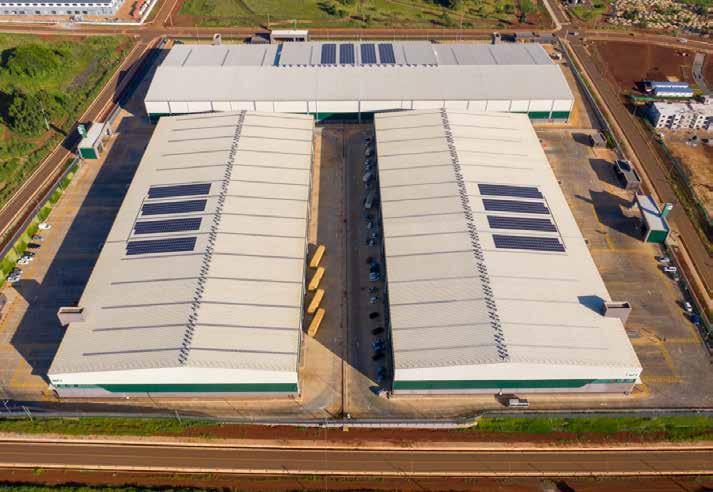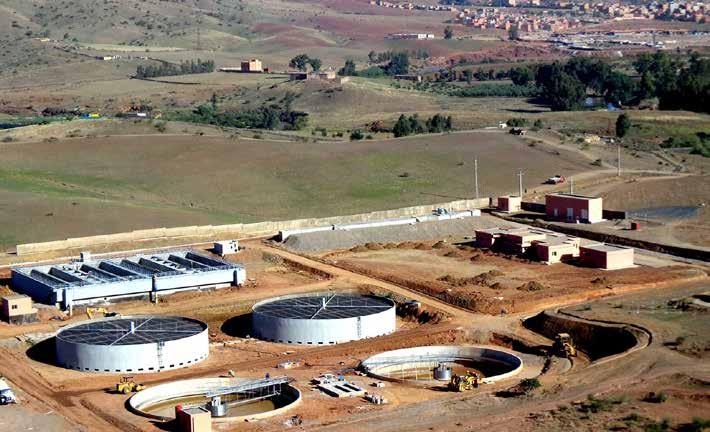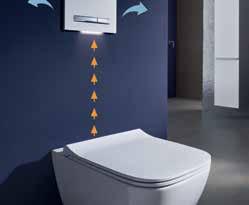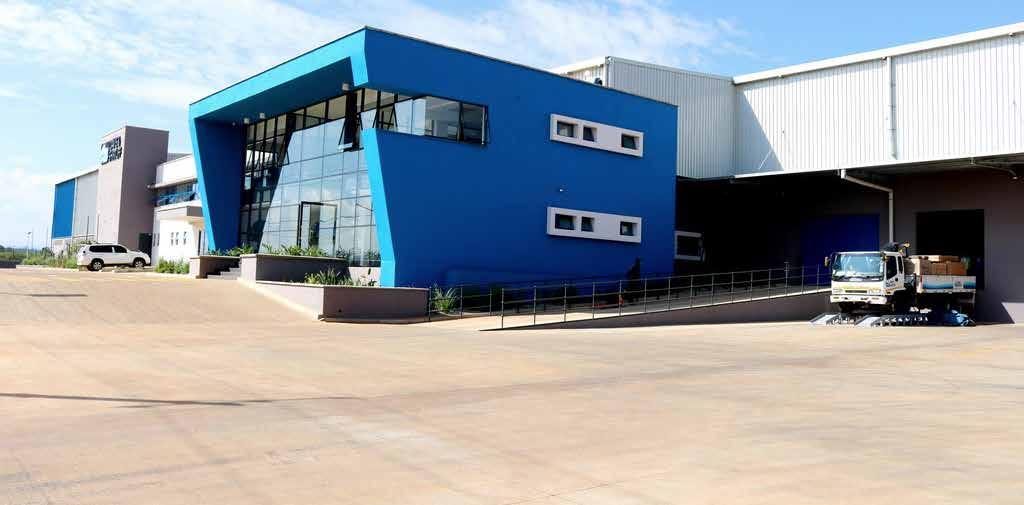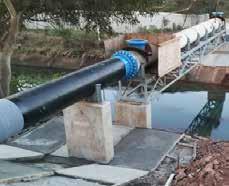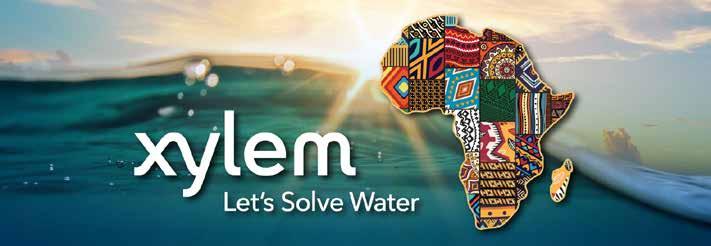«Water News KwaZulu-Natal Water projects on course
T
he Department of Water and Sanitation in KwaZulu-Natal, South Africa, has stated that the KwaZuluNatal Water projects are on course and that its commitment to implement long-term measures to address water scarcity issues in different parts of the province is still on. Department spokesperson Sputnik Ratau said the KwaZulu-Natal Water projects are on course with the implementation of the Greytown Bulk Water Supply, which is set to provide emergency water relief and long-term water supply to Greytown and Enhlalakahle. Ratau said Phase 1 of the project included refurbishing and upgrading aging water infrastructure, unclogging drainage systems and the installation of new interconnecting pipes with valve chambers to restore water treatment works to an estimated peak capacity of 6 mega litres per day. “I can confirm that Phase 1 of the project was successfully implemented and completed in
September 2010. We are now rolling out the implementation of Phase 2, which entails the extension of the Greytown Water Treatment Works (WTWs) by 7 megalitres per day. “The total capacity of the WTW will then be 13 megalitres per day,” Ratau said. Phase 2 will also include the development of abstraction works at Craigie Burn Dam, raw water pump stations, and bulk conveyance between Craigie Burn Dam and Greytown WTW for capacity of 12 megalitres per day to 16 megalitres per day. “What this means is that there will be additional potable water storage to maintain specific hours of storage capacity and achieve spatial balance of bulk delivery with the growth of the town. “This will be through a 2.5-megalitre reservoir at Greytown WTW, an additional 2.5-megalitre reservoir at Enhlalakahle Reservoir and the rehabilitation of the existing 2.5-megalitre Enhlalakahle
Ghana signs green loan for solar-powered water project
S
outh Africa has unveiled a US$61 billion plan for the next ten years to counter water shortages by improving its water-supply and storage infrastructure. Algeria is planning to construct three seawater desalination plants in the Algiers, Annaba and Skikda provinces so as to increase the supply and access of drinking water to the residents. Ghana has secured US $36 million green loan from the UK government to bolster solar-powered water project in rural Ghana. The solar-powered water project set to begin in September will use a technology developed by UK-based firm Aqua Africa, to sterilise drinking water for communities in Ghana. An agreement between Aqua Africa and Ghana’s sanitation and water resources ministry saw the country secure the direct UK Export Finance (UKEF) loan in support of a project that is aiming to alleviate clean water stress for about 225,000 people in Ghana.
According to the project partners, the first phase will see filtration units deployed to deliver water to about 225,000 people starting January next year and five further phases will subsequently see the project deliver the rollout of the water pipe systems to the remaining 200,000 people, while deploying smart metering and cashless payment systems to provide income from water sales by mid-2022.
Reservoir,” Ratau said. “We are working very closely with UMzinyathi District Municipality as the implementing agent, to ensure accountability and prevent any possible acts of corruption,” Ratau said. The Greytown Bulk Water Supply Scheme is one of the department’s Regional Bulk Infrastructure Grant Projects. Ratau said the project implementation is still ongoing and further updates will be provided in future. “We are committing to be as transparent as possible with the work that is being done on the ground. We are working to ensure water supply, especially in communities still experiencing the negative impact of drought.” – SAnews.gov.za
achieved in Southern Sudan where it has developed water supply systems (WSS) integrated with solar energy. In one village, in the southwest of South Sudan, Aqua Africa has managed to pumps water from the groundwater table using a solar powered off grid system. The water flows up into a water tower and down to five distribution points that can provide drinking water to 2,500 people daily. The solar off grid system is equipped with batteries, which allows the water supply system to serve the population several hours after the sun goes down.
Ghana’s Minister of Sanitation and Water Resources, Cecilia Dapaah was optimistic that the green loan would play a key role in the push to deliver on the UN Sustainable Development Goals covering climate action, clean water, and sanitation.
An off-grid solar system is designed for the power needs of mid- to large-size projects. Off-grid systems have no connection to the utility grid, and must make all the electricity necessary to power a project.
The water sanitation loan is part of a US $186 million package of financial support for Ghana announced by the UK government, which also includes over US $93 million in direct loans. Aqua-Africa missionin Africa, to provide access to clean water for communities in need, is already being
Off-grid solar systems operate from the stored energy in a battery bank. Solar panels generate power to charge the battery bank. Off-grid solar system must be sized properly to meet the daily power needs and replace the stored energy pulled from the battery bank.
3 3
www.pumps-africa.com

